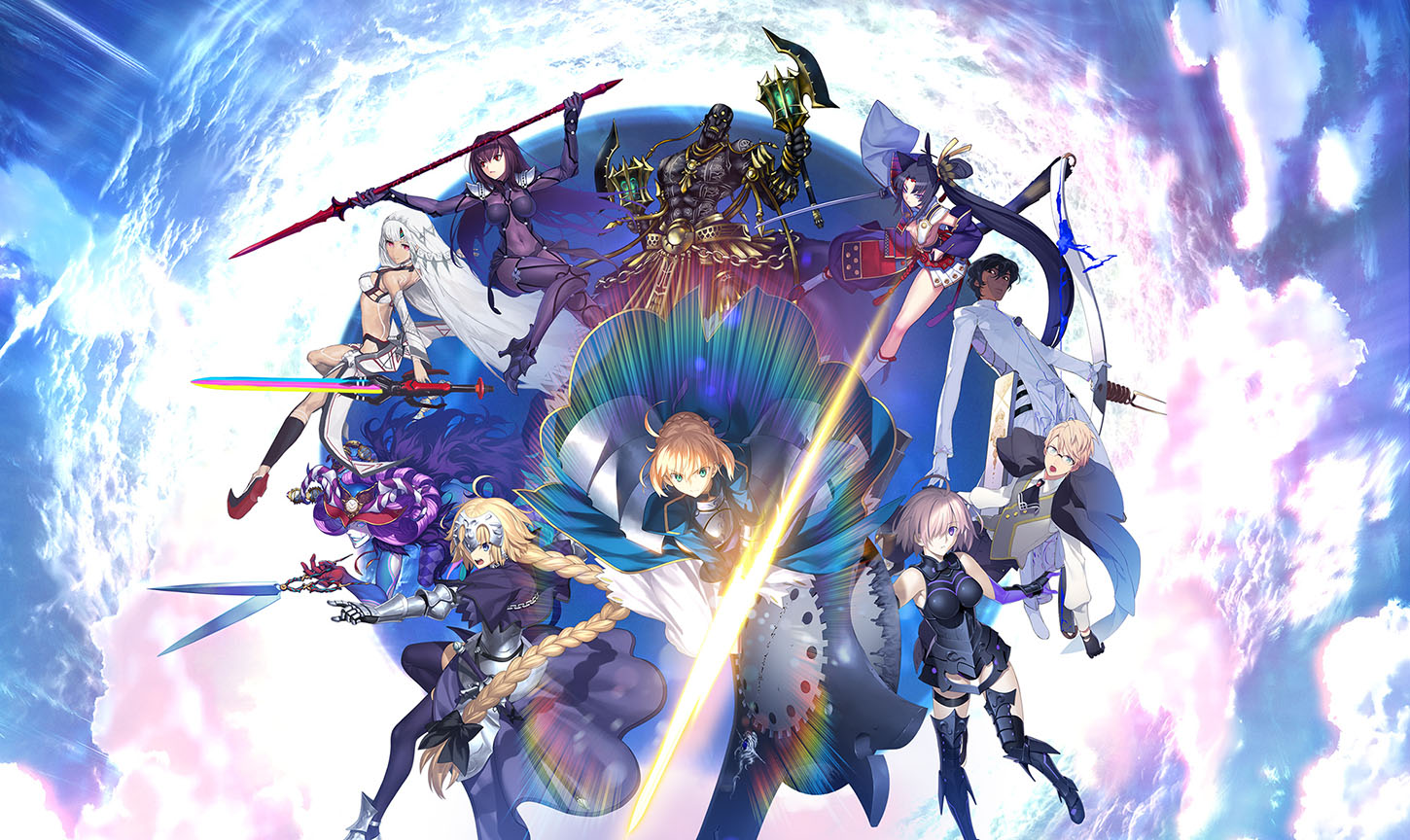A new legislation in the USA might bring down in-game purchases and loot boxes. But how big of an impact will the act make, and is it likely to become law?
Gacha games like Fate Grand Order (or FGO for short) may appear to be free to play in the app store, but they bag millions in profit. How, you may ask? Well, through in-app purchases and lootboxes. But since when did all of this start concerning senior US lawmakers?
US lawmakers are concerned that such games employ “exploitative practices” and target minors financially. U.S. Senator Josh Hawley is all set to put his “Protecting Children from Abusive Games Act” to the table. His goal is to slash down what he considers gambling disguised as in-game purchases.
If the legislation becomes law, the effects could be far-reaching.
The Trouble with Gacha Games Like FGO
Games like FGO, which offer purchasable lootboxes, are categorized as “gacha” games. Gatcha here refers to the sound made by toy vending machines when they hand out gifts. These games are mostly popular on PC, Android, and iOS platforms, and are mostly available as “free-to-play.”
However, there is a strong emphasis on in-game purchases.
This is the only sure way to smoothly progress through the game and not be at a disadvantage against other players. This payment structure suits game developers as it allows them to put on more and more games and make consistent profits from in-app purchases.
However, buying lootboxes does not guarantee anything to players, like casino classic slots. While the more expensive ones tend to yield the best rewards, there is no way to ensure that you’ll end up with what you wanted to begin with. This makes it more like gambling as the outcome is totally random.
So, what is wrong with that? After all, more and more states in the USA are legalizing betting and opening up new casinos.
Well, the problem here is that most games target minors and pressure them into making poor financial decisions. As mentioned earlier, lootboxes don’t guarantee favorable outcomes which means that children can end up spending a ton of money and not get enough return on investment.
Gacha games have a solid multiplayer or PvP element which pushes players into making more and more purchases to stay competitive against their opponents. The U.K.’s National Health Service (NHS) has declared that such games are promoting a culture of gambling and setting “kids up for addiction.”
Why Are Lootboxes So Expensive?
Free-to-play games attract a large audience as there is no need for upfront payment. Players can experience the game firsthand, get hooked, and then invest in perks to amp up their performance. This means that despite being free, games like Fate Grand Order are highly profitable.
But the real issue lies with the exploitative nature of the in-game purchases featured in these games. Players may have to buy several lootboxes before they can get their hands on the desired perks and in-game benefits. This “addiction economy,” as the U.S. Senator Josh Hawley likes to call it, sets up minors for bigger financial troubles.
Experts have also been very vocal about the issue with many stating that there are no winners with lootboxes since they force players to spend more and more. However, at the same time, the gacha genre has grown massively which means that these games are highly popular.
Players are not going to be all too thrilled to have their favorite titles like FGO taken down.

What’s the Deal with FGO?
Speaking of Fate Grand Order, the turn-based fantasy/sci-fi game is based on an anime series of the same name. Ever since its global release in 2017, the game has garnered much admiration from fans of the original anime and new players alike.
The results?
As of 2023, the game has earned a whopping $6,300,000,000 from in-game purchases!
The game’s premise is quite simple, but attractive, especially to a younger audience. The player fills the shoes of Ritsuka Fujimaru who travels through time, to the year 2004, to try and save the world from impending doom.
As players progress through the levels, they can unlock new characters and abilities. But to get the most out of the game, you have to purchase perks and characters. But you can’t do so directly, instead, you must cross your fingers and hope that your lootbox gives out the desired reward. And this is what has bothered lawmakers.
Could This New Law Be The End of Games Like FGO?
If the Protecting Children from Abusive Games Act does become law, it will be up to the Federal Trade Commission of the USA to declare the distribution of gacha games to minors as an unfair practice. The keyword here is “minor.”
With the proposed law as-is, it is unlikely for games like FGO to be shut down altogether. Game developers will most likely be required to verify their players’ ages before letting them play. If they are not minors, they can go ahead and play, and even pay to win.
While this will lead to a drop in the numbers, it would be far from the end. But if this “anti-gacho fervor” goes any further and the legislators decide to table a bill that would ban in-game purchases altogether, then that would indeed spell the end for the likes of FGO.
Will the Protecting Children from Abusive Games Act Become Law?
The Protecting Children from Abusive Games Act has garnered support from notable politicians in the USA, both Republican and Democrat. But nothing can be said for sure at this stage. The bill, as with all others, must pass through the Senate and the House of Representatives.
Once it is through this vetting process, it can become the law. Experts mostly feel that the bill is not only inevitable but will also address the need for protecting children against exploitative economies. But the effort must be balanced, lest the USA follow China’s example.
In the long run, while banning lootboxes is possible, the same is not true for all in-game microtransactions. After all, this is a multi-billion dollar industry we’re talking about. But so far, the prevailing opinion is optimistic.

 Join Daily Trust WhatsApp Community For Quick Access To News and Happenings Around You.
Join Daily Trust WhatsApp Community For Quick Access To News and Happenings Around You.


